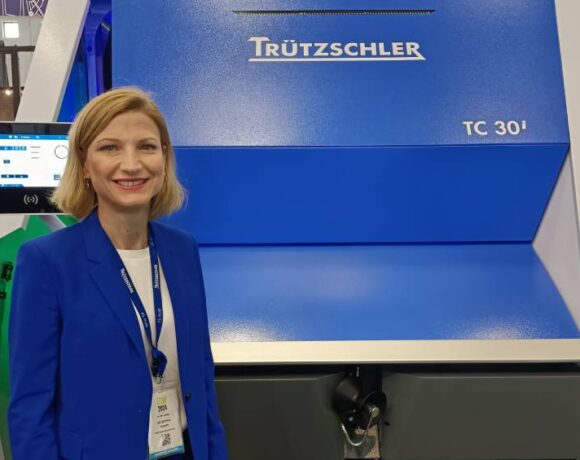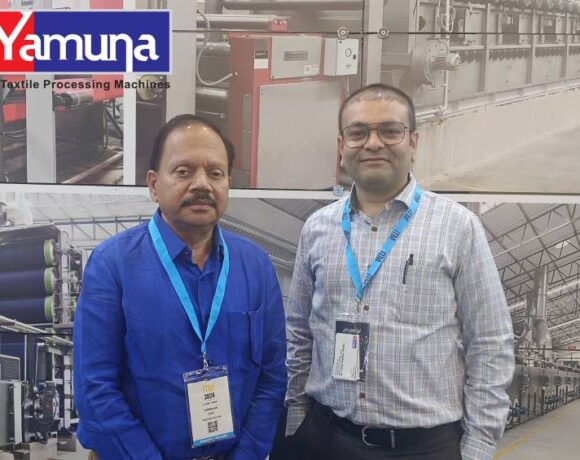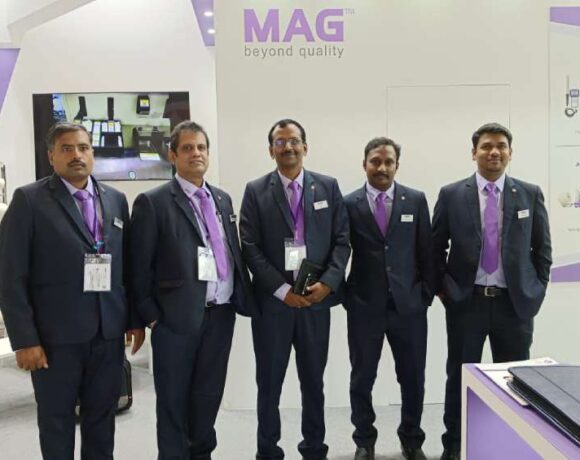Sustainability Is A Priority Today And Even Smaller Companies Are Adopting Eco-friendly Practices: Abhishek Kamble

At Bharat Tex 2025, sustainability and compliance took centre stage as industry leaders discussed the evolving landscape of textile certifications and regulations. Abhishek Kamble shared insights on the key certifications shaping global trade, the challenges companies face in meeting compliance standards, and how sustainability is now a driving force in the textile industry.
GSCS International Ltd specializes in a broad range of compliance and certification services, covering product certification, sustainability and social compliance. Kamble highlighted various compliances and certifications, including Global Organic Textile Standard (GOTS) and Textile Exchange certifications, which include Organic Content Standard (OCS), Recycled Claim Standard (RCS), Global Recycled Standard (GRS), Responsible Down Standard (RDS), Responsible Wool Standard (RWS), and Responsible Alpaca Standard (RAS).
Additionally, GSCS has recently been accredited for Oceanbound Plastic Certification and BCR. Social compliance audits such as SEDEX, SLCP, and HEAP verifications are also a major part of their work. Kamble stated, “We assess compliance with international labour laws, environmental regulations and industry norms to ensure companies meet global standards.”
With increasing regulatory requirements in markets like the EU, US, and India, GSCS supports companies in meeting compliance for organic and sustainability standards. Kamble explained that GOTS certification is already aligned with European, American and Indian regulations. The company also provides verification services for environmental and social standards, ensuring that factories maintain effluent treatment plants, proper pH and COD/BOD levels, and comply with labour laws.
“We don’t just check for product certifications; we also verify whether industries comply with government and international labour laws, environmental policies and worker safety regulations,” Kamble emphasized.
The textile industry is shifting toward sustainability, with leading brands like H&M, Carrefour, and IKEA actively adopting sustainable practices. Kamble observed that India is a global leader in exporting sustainable textile products. He remarked, “When I started in 2000, the industry mainly focused on conventional textiles. Today, sustainability is the priority, and even smaller companies are adopting eco-friendly practices.”
Speaking about his experience at Bharat Tex 2025, Kamble expressed satisfaction with the event’s turnout, stating, “The response has been great; I’ve reconnected with old colleagues and industry leaders. The only challenge is reaching all potential clients in such a vast space.”
GSCS International Ltd is already preparing for next year’s edition, with Kamble adding, “We start planning a year in advance—what new services we’ll introduce and how we’ll engage with the industry. Bharat Tex is always an exciting platform for us.”
With sustainability at the core of modern textile manufacturing, companies like GSCS International Ltd play a crucial role in guiding businesses toward global compliance and environmental responsibility.














